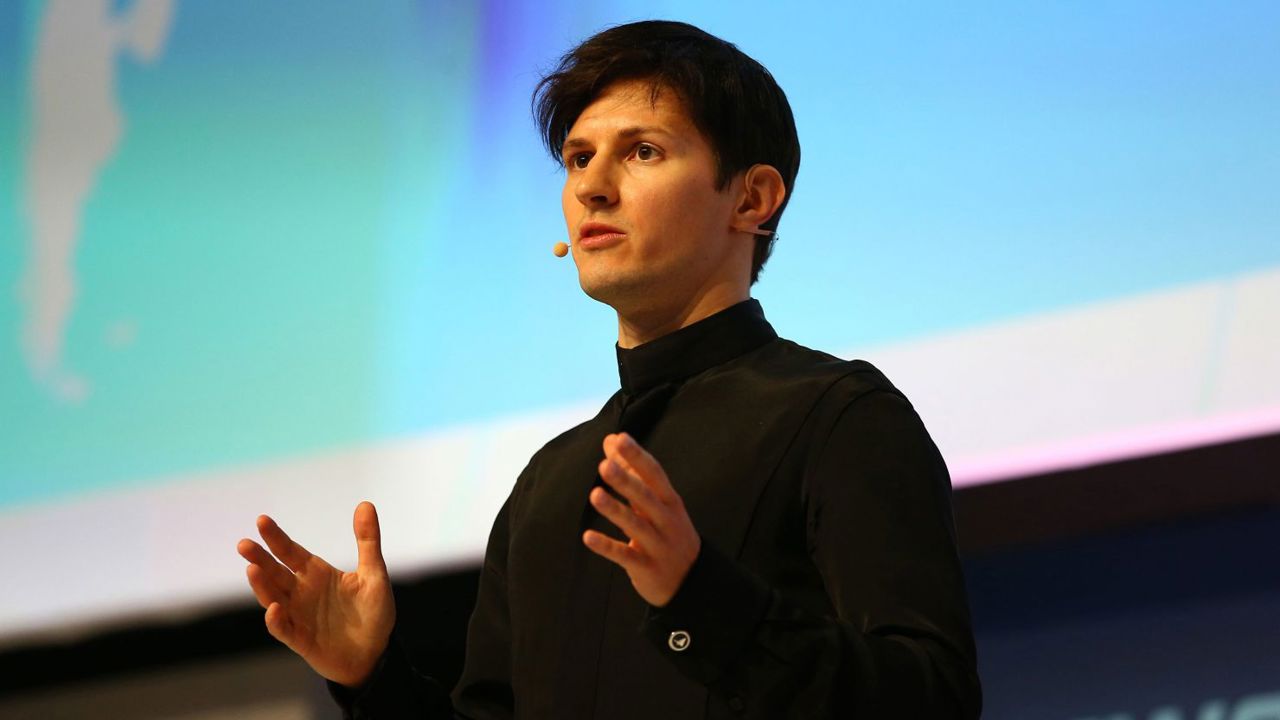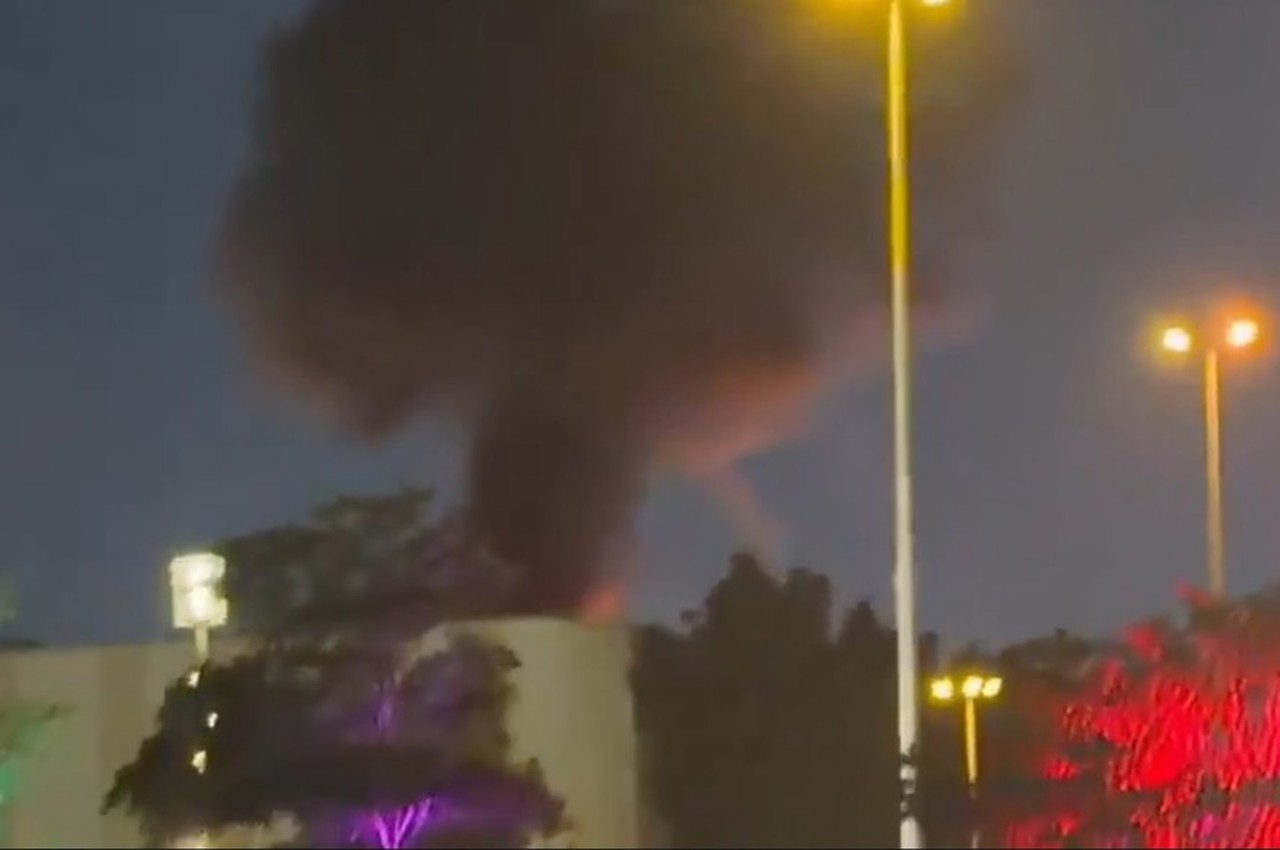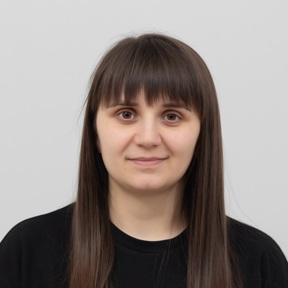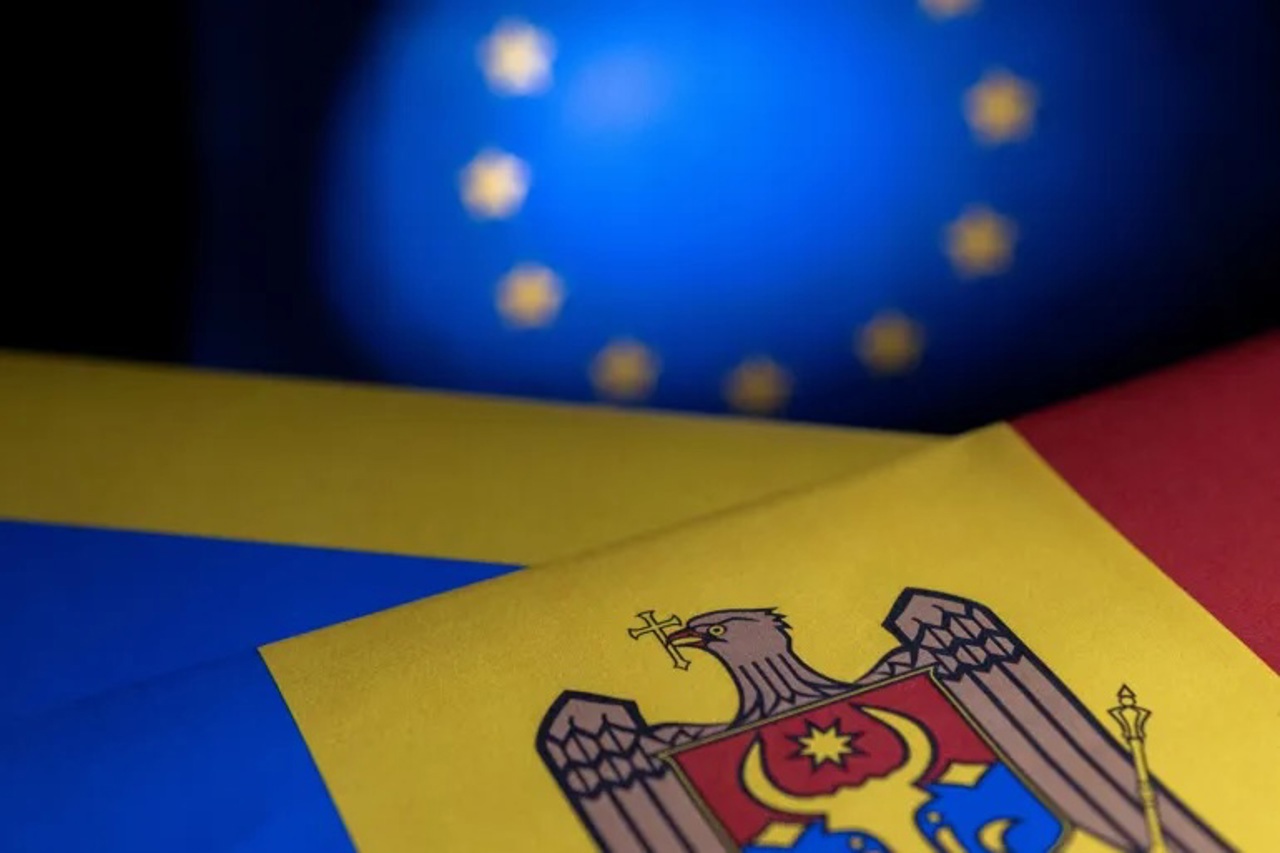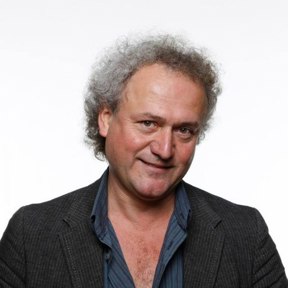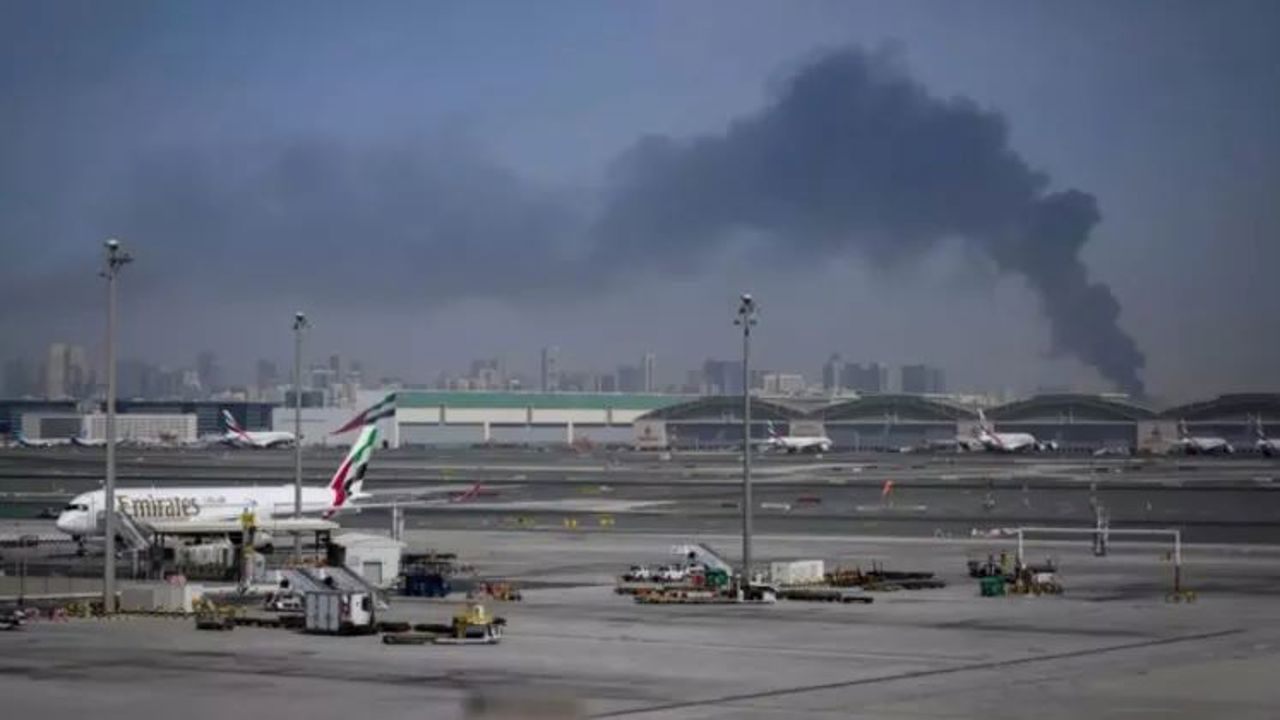How did Pavel Durov, the Russian billionaire, obtain French citizenship
Let us recall who Pavel Durov is: a Russian billionaire in exile and CEO of the messaging platform Telegram.
Last Saturday, Durov was arrested in France at Le Bourget airport near Paris as part of a legal procedure accusing Telegram of complicity in numerous cases related to drug trafficking, glorification of terrorism, cyber harassment, and the total absence of moderation on the platform.
Russian oligarchs often succeed in obtaining citizenship in European Union countries through methods that might appear dubious, using the lawyers and legal experts they can afford, sometimes even corrupting high-ranking officials at intermediate stages. For example, a scandal recently erupted in Portugal regarding the case of the Russian magnate Roman Abramovich, who received Portuguese citizenship through questionable means.
Abramovich has held Portuguese citizenship since April 2021, utilising a law that automatically grants citizenship to the descendants of Sephardic Jews expelled from Portugal in the 15th century, provided they apply for it.
Currently, a new government decree-law tightens control over naturalisation applications and significantly reduces the number of applicants, aiming to restrict the granting of Portuguese citizenship to Sephardic Jewish descendants expelled from the country at the end of the 15th century.
Since 2015, following the adoption of a historic reparations law, nearly 90,000 applications have been submitted. These massive requests have raised suspicions from the outset. An investigation is also targeting the passport granted to the French billionaire Patrick Drahi, head of the Altice Group, by the Jewish Community of Porto, which has validated 90% of the applications submitted there and has become significantly wealthier in recent years.
The trade in Sephardic passports issued in Portugal and Spain since 2015 appears to have generated profits between 150 and 200 million euros.
In the case of Pavel Durov, founder of the former "V Kontacte," which was intended to be a sort of Russian Facebook and now the exiled head of the Telegram platform—whose wealth is estimated at over 15 billion euros—he followed a rare and highly political procedure known as the "distinguished foreigner" process. This allows the government to grant a French passport to a Francophone foreigner who, through exceptional actions, contributes to France's influence and the prosperity of its international economic relations.
The details remain vague, and it is unclear how Durov contributed to "France's influence abroad," but one thing is clear: even Western countries engage in a form of passport trading, perhaps more elegantly, but still similar to the system criticised in Eastern EU countries such as Bulgaria or Cyprus.
What is Telegram?
With nearly one billion users worldwide, many of whom are in former socialist and communist republics, including Russia and Ukraine, Telegram has, along with WhatsApp, become one of the largest messaging services in the world. Its success is linked to the functionalities of its discussion groups, as well as the lack of moderation on the platform.
An avowed libertarian, Durov claims to oppose any form of "censorship," and the application only marginally collaborates with judicial requisitions and requests to close accounts or discussion groups. This situation is exploited by many users: just a few minutes of searching on Telegram is enough to find groups that sell drugs or forged documents, support terrorism, or promote cryptocurrency scams.
Due to its lack of collaboration and poor moderation, Durov became the target of an arrest warrant in France. The French agency responsible for combating violence against minors quietly launched an investigation into the distribution of child pornography on Telegram. This investigation was later expanded to include several other investigative services, covering crimes ranging from cyber harassment to organised crime.
The arrest of the CEO of such a popular application is a global first. The only comparable case occurred in 2016 when a Brazilian judge ordered the arrest of a senior local Facebook executive, who was quickly released. In the past, many governments have attempted or threatened to block Telegram, but none had issued an arrest warrant against Durov or his associates.
At the beginning of 2022, Germany, frustrated by the platform's lack of cooperation in an investigation into a far-right movement suspected of planning a coup, threatened to block the application before reaching an undisclosed agreement. In the late 2010s, Russia—without much success—attempted to block the service within its territory, accusing Telegram of non-cooperation with its investigative services before eventually giving up.
If Durov's French naturalisation raised questions, his arrest last Saturday at Le Bourget airport is also shrouded in mystery. French authorities have yet to disclose the precise reasons for his arrest. However, in an international context where cybersecurity and social network control issues are becoming increasingly sensitive, the future of this technology genius remains uncertain.
Author: Dan Alexe
Translation by Iurie Tataru
